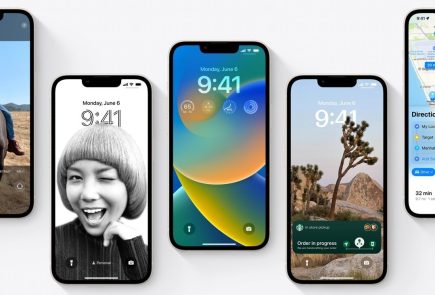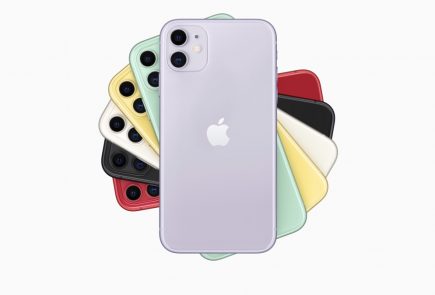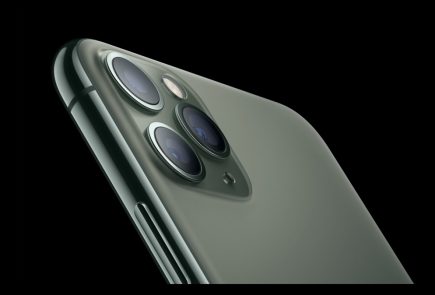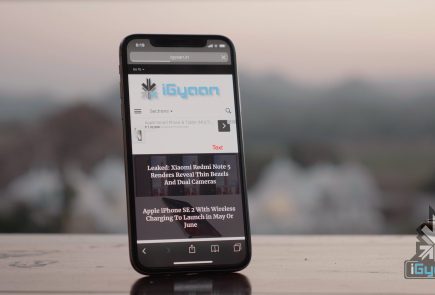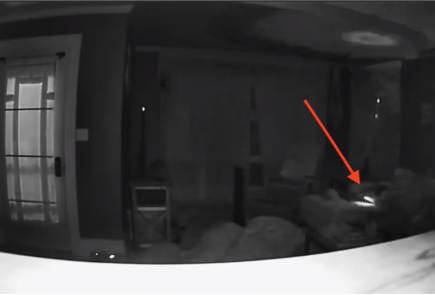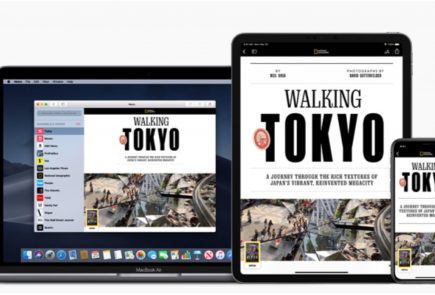Worried If Apple Has Slowed Down Your iPhone? Here’s How To Check
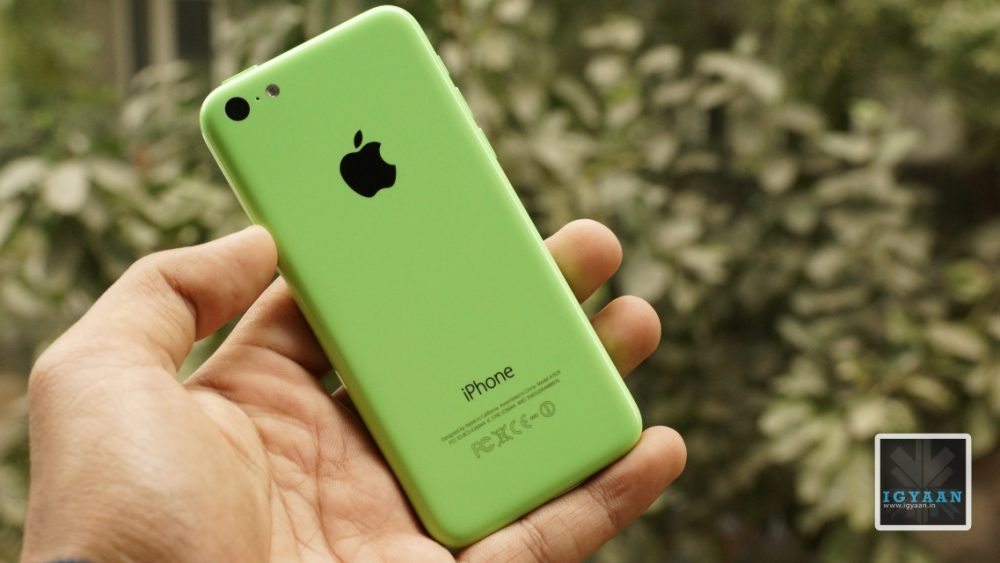
It is no longer a conspiracy theory doing the rounds on the internet. Apple has come forward and conceded that it does indeed make older iPhones run slower in order to prolong its battery life. While much can be said about the intentions and actions of Apple, it is fair to assume that if you have an old iPhone, you would’ve thought about the repercussions of these actions.
In a nutshell, what Apple is doing is occasionally restricting the processor of some old iPhones, specifically those that have batteries that can’t hold a proper charge. To tackle battery ageing in a more efficient way, what Apple is doing for older iPhones is it is capping the processor power to prolong the age of the battery. This is a is a lithium-ion chemistry issue, not an Apple or any other OEM issue. Over time, batteries just become bad. This is an attempt to make people’s phone work for longer with fewer issues, not to get them to switch away from it.
Here are a few steps you need to take to see if your phone has been a part of Apple’s intentions to prolong the life of the old iPhones.
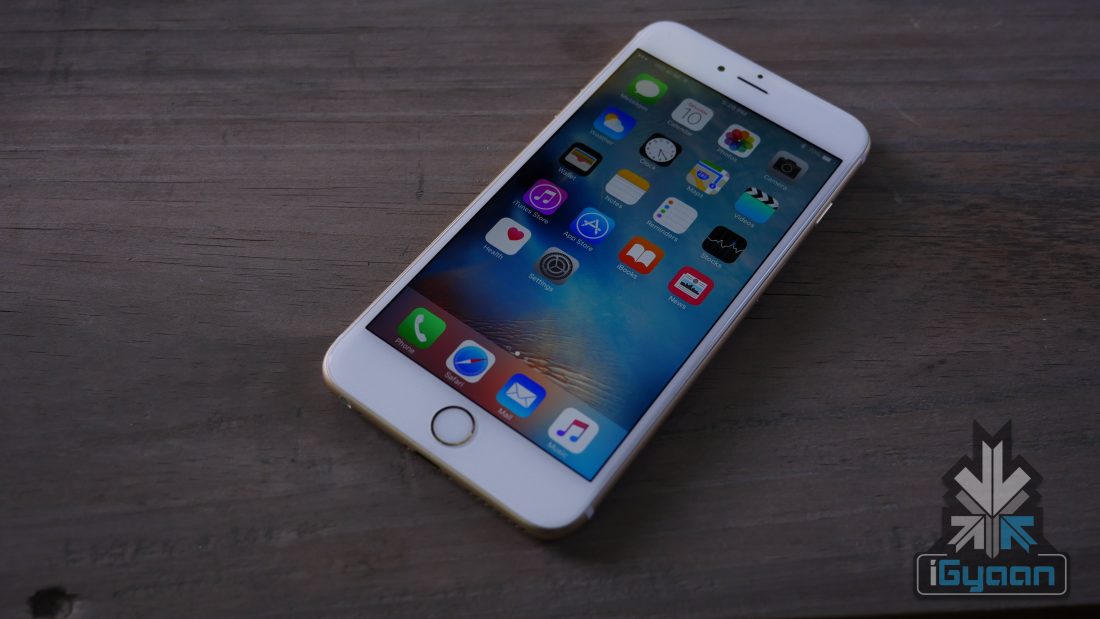
Check the model of your iPhone
First and foremost, you need to confirm whether your phone is affected by this or not. The affected iPhones are the iPhone 6, iPhone 6S, iPhone SE, and the iPhone 7.
What software is your phone running
Apple introduced its software fix with iOS 10.2.1 for the iPhone 6, iPhone 6S, and iPhone SE. It introduced it with iOS 11.2 for the iPhone 7. You can check your current software build by going to Settings>General>About and look under Version.
Inspect the battery health of your iPhone
This is the main issue. The main reason Apple is capping the CPU power is to prolong the battery life of older iPhones. It is a known fact that after around a thousand charges, lithium-ion batteries stop performing properly, and cannot retain more than 50-60% of the original charge.
Download apps like Battery Life and do an inspection of the battery of your iPhone. Even though Apple hasn’t specified the parameters to judge your battery, but battery life rated as “Poor” or worse is likely to be a problem.
Do a Benchmark Test
The whole thing broke out when John Poole did some benchmark testing of his own and posted the results online. Geekbench scores for new iPhones are as follows:
- iPhone 6S: 2500
- iPhone 7: 3500
Anything below that (greater than a 500-point difference) means that there is a problem.
If the tests show that your iPhone has been affected, then the onus is on you to either replace the battery, buy a new phone or ride out the slow iPhone storm for as long as you can and then invest in a new phone.
















